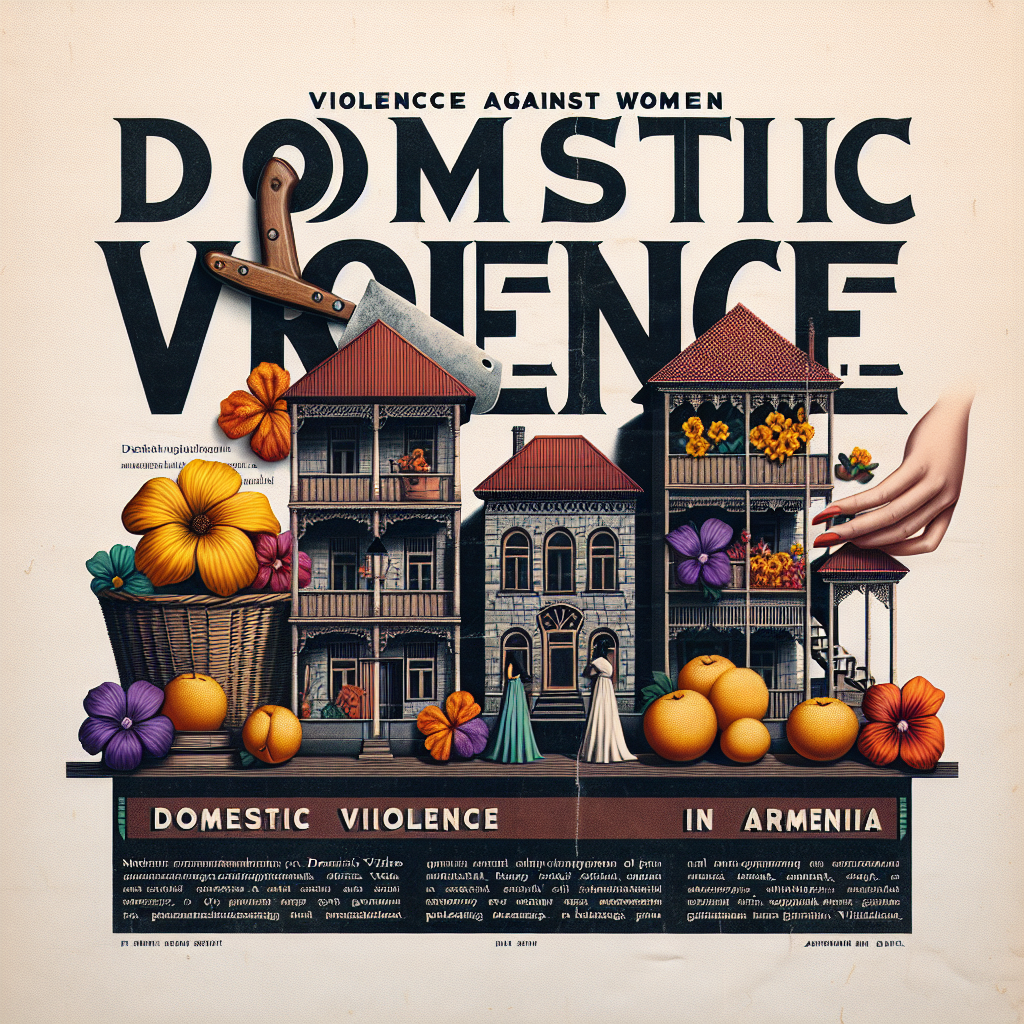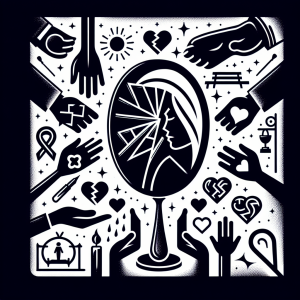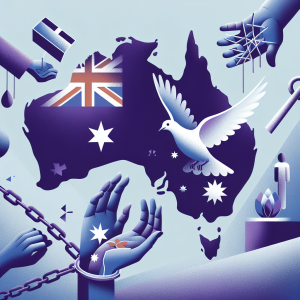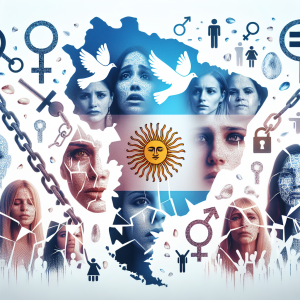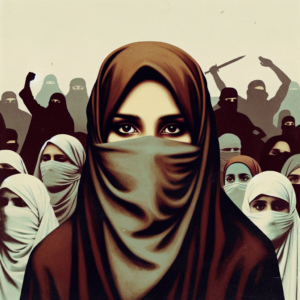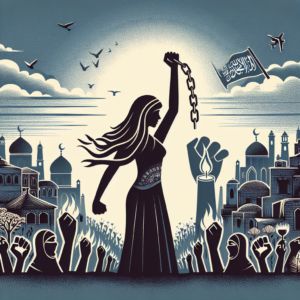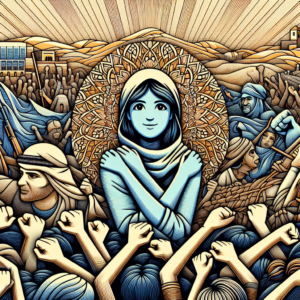#MeToo
Uncovering a Silent Crisis: The Reality of Domestic Violence in Armenia
Domestic violence remains a critical issue impacting millions globally, and Armenia is no different. Beneath the surface of its vibrant culture and history, many families face a concealed struggle within their homes. This article seeks to illuminate the reality of domestic violence in Armenia, emphasizing its prevalence, underlying causes, and the pressing need for awareness and action.
Defining Domestic Violence
Domestic violence encompasses a range of abusive behaviors within intimate relationships. It manifests in various forms, including:
- Physical abuse: Actions such as hitting, slapping, or any form of bodily harm.
- Emotional abuse: Tactics like manipulation, intimidation, or threats that undermine an individual’s self-worth.
- Financial abuse: Restricting a partner’s access to financial resources.
- Sexual abuse: Forcing a partner into sexual acts without consent.
In Armenia, domestic violence is frequently regarded as a private issue, which complicates the process for victims seeking assistance. As the renowned writer and activist Maya Angelou poignantly stated, “I can be changed by what happens to me. But I refuse to be reduced by it.” This powerful message resonates with those who endure domestic violence as they strive to reclaim their autonomy.
The Scope of Domestic Violence in Armenia
Statistics paint a concerning picture. A 2016 survey by the United Nations indicated that around 1 in 5 women in Armenia have faced physical or sexual violence from an intimate partner. However, these figures may underestimate the issue, as numerous cases remain unreported due to stigma and fear.
Noteworthy statistics include:
- Over 60% of women experiencing domestic violence do not seek assistance.
- Only 10% of reported incidents result in legal action against the perpetrator.
- A significant number of victims perceive domestic violence as a normal aspect of life.
The silence surrounding domestic violence can be overwhelming. As Nobel laureate Malala Yousafzai expressed, “We realize the importance of our voices only when we are silenced.” In Armenia, many women feel muted by societal expectations that discourage them from voicing their experiences.
Underlying Causes of Domestic Violence
Identifying the root causes of domestic violence is essential for effectively addressing the issue. Various factors contribute to the prevalence of domestic violence in Armenia:
- Cultural Norms: Traditional values often perpetuate male dominance and female subservience.
- Poverty: Economic struggles can heighten stress and conflict within families, resulting in violence.
- Lack of Education: Insufficient awareness of human rights and gender equality continues the cycle of violence.
- Impunity: The absence of legal repercussions for abusers can encourage them to persist in their behavior.
As the esteemed author and activist Audre Lorde noted, “I am not free while any woman is unfree, even when her shackles are very different from my own.” This statement underscores the interconnected nature of human rights issues, including domestic violence, and the necessity for collective action.
Consequences of Domestic Violence
The ramifications of domestic violence extend far beyond physical injuries. Victims frequently endure:
- Physical Health Issues: Injuries, chronic pain, and various other health complications.
- Mental Health Challenges: Conditions such as anxiety, depression, and post-traumatic stress disorder (PTSD).
- Social Isolation: Victims may withdraw from social circles, feeling ashamed or fearful.
- Economic Hardship: Loss of income and job opportunities due to the abusive environment.
Furthermore, children who witness domestic violence may face emotional and behavioral challenges. They are at a higher risk of becoming either victims or perpetrators of violence in the future, perpetuating a challenging cycle. As the writer and human rights advocate Eleanor Roosevelt famously remarked, “Where, after all, do universal human rights begin? In small places, close to home—so close and so small that they cannot be seen on any maps of the world.”
Legal Framework and Support Mechanisms
Armenia has made strides in addressing domestic violence through legislative reforms. In 2017, the country enacted a law on domestic violence aimed at protecting victims and holding offenders accountable. However, challenges remain in implementation. Significant issues include:
- Inadequate Training: Law enforcement and judicial personnel often lack proper training to handle domestic violence cases.
- Limited Resources: Shelters and support services for victims are insufficient.
- Social Stigma: Victims may fear judgment or disbelief from authorities.
As human rights activist Nada Al-Ahdal emphasized, “Protecting human rights is not an option, but a responsibility of us all.” This responsibility includes ensuring that victims of domestic violence receive the necessary support and protection.
Awareness and Action
Creating awareness about domestic violence is vital for fostering change. Here are several ways individuals and communities can take action:
- Education: Raise awareness about domestic violence through workshops, seminars, and community initiatives.
- Support Victims: Provide emotional and practical assistance to those affected by domestic violence.
- Advocate for Change: Lobby for stronger laws and policies to protect victims and hold abusers accountable.
- Engage Men and Boys: Involve men and boys in discussions regarding gender equality and healthy relationships.
As activist and writer Gloria Steinem stated, “The first problem for all of us, men and women, is not to learn, but to unlearn.” Unlearning harmful beliefs and attitudes surrounding gender roles is crucial for preventing domestic violence.
Conclusion
Domestic violence represents a concealed crisis in Armenia that requires our urgent attention and action. By fostering awareness, supporting victims, and advocating for change, we can strive toward a future where everyone feels secure in their own homes. It is our shared responsibility to uphold human rights and ensure that no one suffers in silence.
As Nada Al-Ahdal reminds us, “Protecting human rights is not an option, but a responsibility of us all.” Let us embrace this responsibility and work toward a society free from violence and fear.
#NadaFoundation
#domestic_violence
#Nada_Foundation
#NadaAlahdal
#Hidden #Crisis #Unveiling #Reality #Domestic #Violence #Armenia
a-hidden-crisis-unveiling-the-reality-of-domestic-violence-in-armenia



